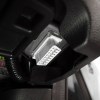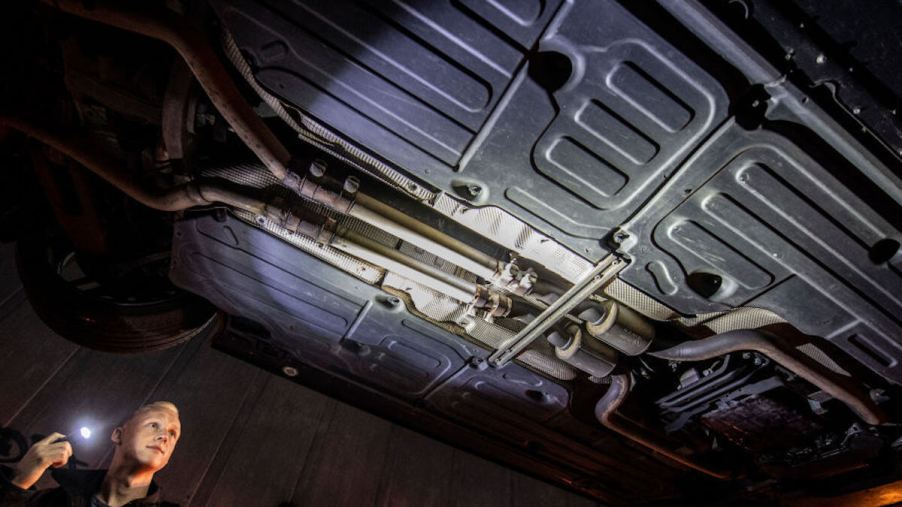
Common Problems With Truck Exhaust Systems
Brakes, tire rotation, and oil changes are the maintenance items most truck owners concern themselves with. Because they can last longer, exhaust systems aren’t on most owners’ radar. But with trucks lasting much longer than in years past, it becomes an issue as your truck ages. Exhaust systems are mostly trouble-free until they’re not.
Where should you start looking if you suspect exhaust problems?
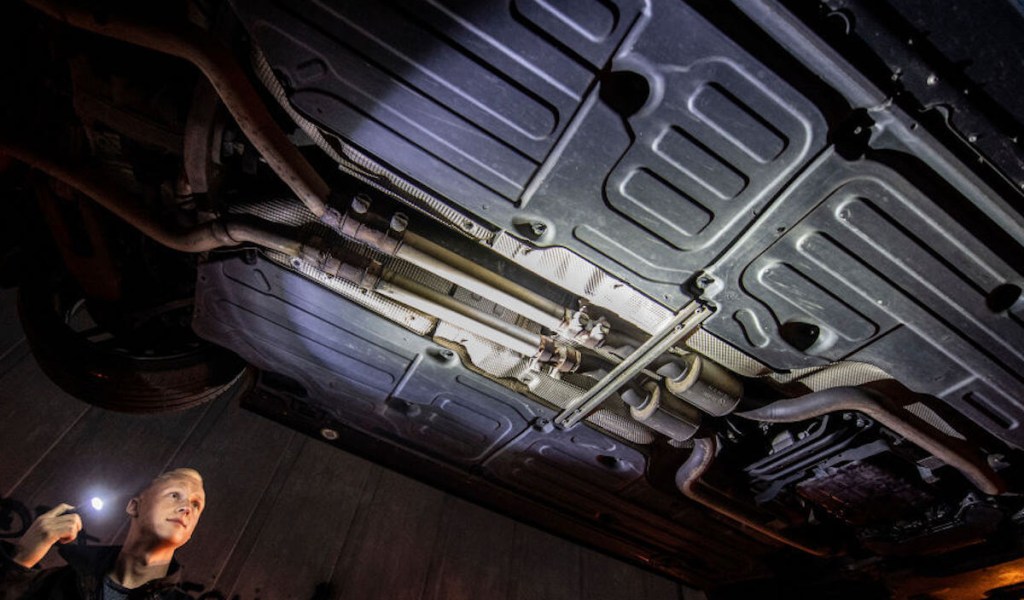
Since the exhaust system starts at the engine cylinder heads, and winds its way to and even beyond the rear bumper, there are myriad sections that can fail after so many faithful miles. And with emission control as part of the system, this adds another issue and other components to the mix.
Starting at the exhaust manifolds, these are bolted directly to the cylinder heads. Usually made of cast iron, stamped sections of metal, or bent tubing, they are all prone to developing cracks. This can lead to that spitting noise that increases and decreases with engine RPMs.
It can also cause rougher engine idle and/or vibrations. Aftermarket headers and performance exhaust systems are notorious for cracks and splitting. In all cases, if the exhaust manifold is cracked, it must be replaced.
What that banging, clunking, and rattling could come from
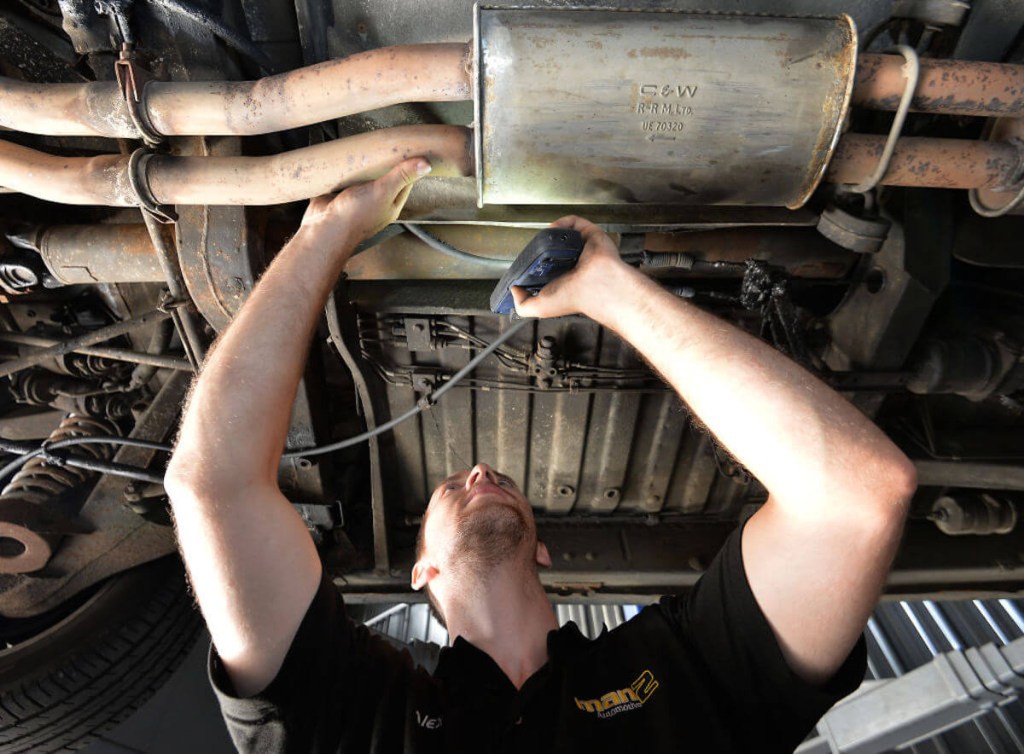
Another issue is the exhaust hangers, which hold the exhaust system to your trucks undercarriage, can break. Sometimes it is the hanger itself, after going through thousands of heat cycles. Or, the hanger can break loose where it bolts to the truck.
Though usually not anywhere near catastrophic, a broken bracket or “hanger” can cause the exhaust system to vibrate. It also forms a weak link that can eventually lead to the exhaust breaking from increased bending and added vibration. If you hear clunking or notice the exhaust seems extra loose, it could be from broken hangers.
They’re easy to fix and can save you money if addressed quickly, according to Wrench. Similarly, if the brackets are loose it can lead to these same symptoms. Banging, clunking, and rattling are all related to loose hangers.
Do exhaust systems rust?
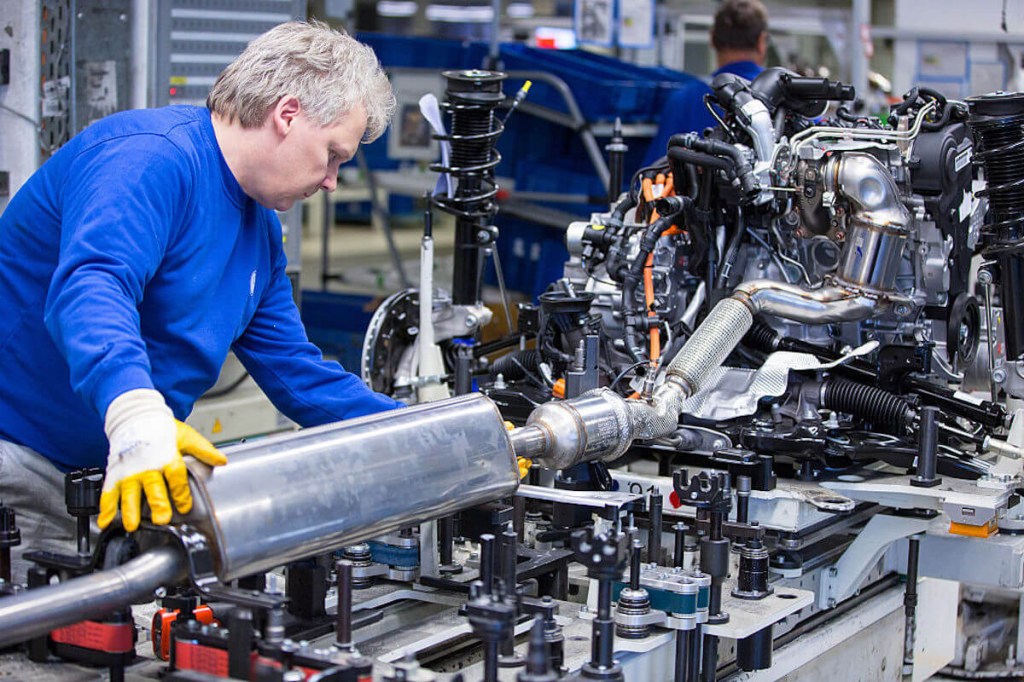
With salty roads in the winter, rust is a problem. Exhaust systems are usually raw metal, without a protective coating. So there is exposure to the salty wet which invariably leads to corrosion. That’s rust from the outside, but rust can also build up inside the exhaust of a truck used mostly for short trips because the engine will not have reached operating temperature.
Condensation occurs with cold starts and limited driving distances, which can increase rusting from the inside. This can result in blown-out mufflers blasting or rust-through of the mufflers or exhaust pipes themselves.
As catalytic converters get older, they’re susceptible to becoming clogged. This can become noticeable if you experience exhaust or rotten egg smells inside the truck. In some cases, the floor will feel hot, and the performance will seem lethargic. For the longevity of the truck, and for the planet, take care of it.
For older trucks, getting the exhaust system checked every year or two will give you peace of mind and eliminate the potential for a small issue to become a much larger problem.
